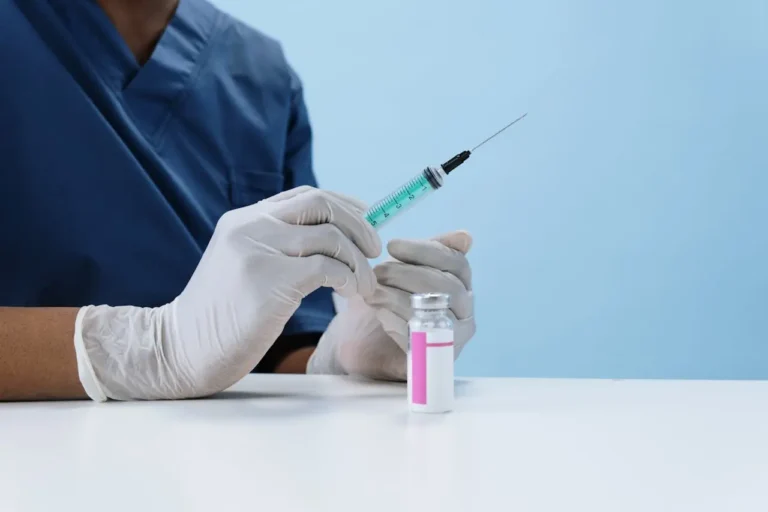
Zimbabwe has reached maturity level 3 (ML 3) in the WHO’s classification of regulatory authorities for medicines, marking a significant achievement in healthcare infrastructure. This classification, assessed using WHO’s Global Benchmarking Tool with over 260 indicators, signifies the establishment of a stable, well-functioning, and integrated regulatory system.
The assessment, conducted initially in 2021 and finalized in May 2024 in collaboration with the WHO Regional Office for Africa, evaluated Zimbabwe’s National Regulatory System, led by the Medicines Control Authority of Zimbabwe (MCAZ) and other relevant institutions. Dr. Matshidiso Moeti, WHO Regional Director for Africa, emphasized the milestone’s importance, highlighting Zimbabwe’s dedication to strengthening health systems and regulatory frameworks to enhance access to quality medicines and accelerate progress towards universal health coverage.
WHO’s benchmarking program evaluates core regulatory functions including product authorization, product testing, market surveillance, and adverse event detection to gauge regulatory maturity and functionality. Regulatory authorities achieving levels 3 and 4 are eligible for inclusion among WHO-listed authorities, subject to further performance evaluations.
Dr. Yukiko Nakatani, WHO Assistant Director-General for Access to Medicines and Health Products, underscored the achievement’s significance, attributing it to Zimbabwe’s governmental investments in regulatory system enhancement. This accomplishment is expected to bolster the operationalization of the African Medicine Agency (AMA) in the future.
Effective regulation of medical products is critical for ensuring quality, safety, and efficacy across healthcare systems. Well-functioning regulatory authorities play a vital role in efficiently authorizing products and monitoring drug safety, thereby supporting access to essential vaccines, medicines, and healthcare products.




